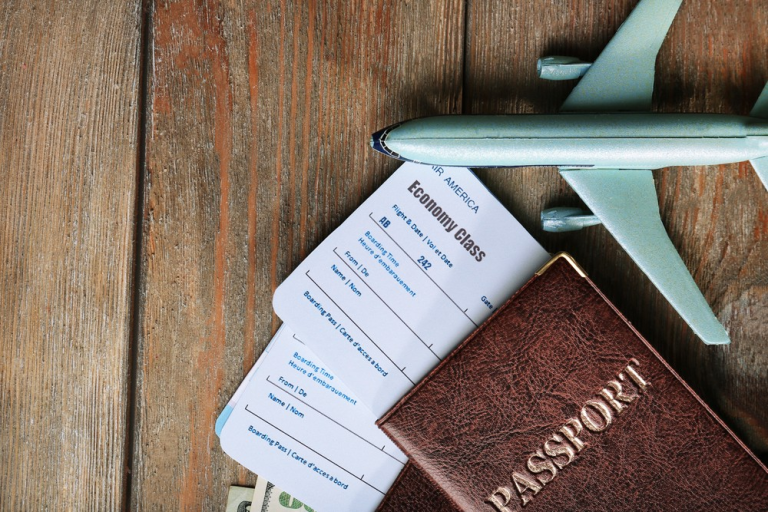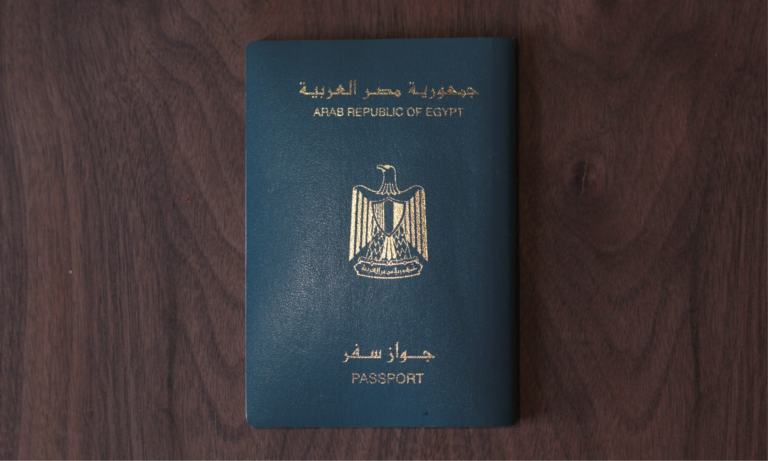study visa in norway
Touriago is the website which offers a complete information about Norway study visa . All the categories are explained in detail. There are different types of visas available for students who want to pursue higher education from Norway.
A study visa in Norway is an official document, which establishes that a foreign citizen has all the rights necessary to travel to and stay in Norway. To obtain a study visa, you must have been granted admission to one of these three: universities and university colleges (colleges), Oslo and Akershus University College of Applied Sciences or Norwegian State Educational Loan Fund.
A Norway study visa is a temporary residence permit granted to international students who wish to study in Norway for at least one academic year (180 days). The eligibility for such visas depends on your nationality and current country of residence.

If you’re looking to study in Norway, you’ve come to the right place.
Our company has been helping students get their study visa in Norway since 2013. We’ve helped hundreds of students get their visas, and we’re ready to help you too.
We know what it’s like to be a student: It’s hard to know where to start when it comes to applying for your study visa. That’s why we make it our mission to make sure that every step of your application process goes smoothly. We’ll walk you through the application process from start to finish, so that all you have to do is focus on getting your visa approved!
Norway is a great place to study abroad. If you want to get the best experience possible, then we recommend you apply for a study visa. Here’s how it works:
First, you need to decide on a university. In Norway, there are over 400 universities and colleges that offer degrees in everything from engineering and business management to nursing and education. You can find them here: [link]
Next, you’ll need to apply for your visa. This is done through the Norwegian Directorate of Immigration (UDI). After you’ve applied for your visa and received approval from UDI, you will be able to enter Norway as long as your passport has at least one blank page in it. If your passport does not have an open page, then it may be possible for someone at UDI to stamp one in there for an extra fee (this depends on where you’re traveling from).
Once you have arrived in Norway, all that’s left is getting settled into your new home!
Eligibility for a Norway Student Visa
To get a Student Visa for Norway, you have to comply with the following requirements:
- You must have been admitted into a Norwegian university or college.
- The university or college must be accredited by the Norwegian Agency for Quality Assurance in Education’s (NOKUT).
- Your course of study must be full-time.
- You must have enough money to cover your tuition and living expenses. You need at least NOK 123,519 (appx. USD 13,600) per year of living expenses, in addition to the tuition cost. You must keep this in a Norwegian bank account.
- The money can be from your own funds or student loans or grants.
- If you get a part-time job, you can include the money from this toward the required amount.
- You must have found accommodation in Norway.
Norway Student Visa Requirements
The documents you are required to submit when applying for a Norway Student Visa are:
- Your passport. You must also attach copies of the used pages on your passport.
- The Norway Student Visa Application Form. You print this out once you have completed the online application on the Immigration Directorate website.
- Two passport-size pictures of yourself. They have to be taken recently and have a white background.
- The Letter of Admission into the school. The letter must state your name, your course of studies, the level of studies, and the length of the programme.
- Proof you have enough financial means to sustain your stay in Norway. For example:
- Proof you receive grants or funds, such as a Statement of Support from the State Education Loan Fund (Lånekassen).
- The bank statements from a bank account in Norway. You may open a bank account yourself or your university may open one on your behalf.
- A work contract (part-time), which states the hours you will work, your salary, and the duration of the contract.
- Proof you can pay your tuition (if required). E.g. the payment receipt from the university, or show you have the funds through one of the means described above. The tuition money must be in addition to the money you need for living expenses.
- Proof of accommodation. You must prove that you have somewhere to live, if you were to go to Norway to study. For example:
- Written rental contract, if you are renting
- If your school provides you accommodation, they must state it in the Admission Letter.
- If you apply from a country other than your home country: Proof that you are there legally (I.e. a Residence Permit).
- For minor applicants (15-18 years old):
- Birth certificate
- The Consent Application for a residence permit for children/minors to study in Norway form, which is on the UDI website. Your parents or legal guardians must complete and sign this. Alternatively, they may write a Statement consenting to you studying in Norway and sign it.
- Copy of your parents’ or legal guardians’ passports.
- If only one parent has custody: Document from the relevant public authority, confirming it.
- In the event that one of the parents has passed away: Death certificate.
- The printed checklist of the required documents. You can print this from the website of the Norwegian Directorate of Immigration (UDI).
Document guidelines:
- You must hand in the original documents, along with copies of them.
- The documents must be either in English or Norwegian. If they are not, submit a translation of them, along with the original. The translation must be done by a licensed translator.
- You may have to legalize some documents through an Apostille Stamp, such as civil documents.
- Do not forget the checklist print-out.
- Some embassies may ask for additional documents, depending on your country and your specific situation.
In short, these are the requirements for international students who have been admitted to higher education in Norway:
- For applicants from students from the Nordic countries:
If you come from one of the Nordic countries you will not have to apply for a residence permit, but you should report your move to the National Registry.
- For applicants from countries in the EU/EEA/EFTA:
If you come from countries within the EU/EEA/EFTA area you have to register with the local police within three months. Read more here.
- For applicants from countries outside the EU/EEA/EFTA:
If you come from outside the EU/EEA/EFTA area you have to apply for a student residence permit. See the requirements for your country here.
There is a processing fee for each application. This fee may vary depending on in which country the application is processed.
Please beware that you will be asked to document that you have enough money to live on, at least NOK 126 357 per year (2022). You will have to apply every year, if you are following a study programme that lasts more than one year. If you have been admitted to an institution that charges tuition fees you will also have to document that you are able to cover this extra cost. As a general rule, the Norwegian Directorate of Immigration requires the money to be deposited in a Norwegian bank account. There is also a charge to the visa application of NOK 5 900,– for 2022. This also counts for a renewal of the visa.
Please note that the documentation requirements will vary from country to country and are subject to change. For more information contact the Norwegian Foreign Service mission closest to you. If you are in Norway, contact the local police. Remember that your institution will be able to advise you on this process.
The regulations above are also valid for exchange students from countries outside the EU/EEA/EFTA. If the stay is financed through scholarships, student loans or other public funding from the home country, valid documentation must accompany the application.
Conclusion
When you take into account the many pros of working in Norway, but also the potential cons (such as more paperwork and less job security), it’s clear that Norway might not be the right country for you. The best way to find out if living and working in Norway is right for you is by taking a closer look at the Norwegian job market, and identifying whether Norway is a viable option based on your specific circumstances.

